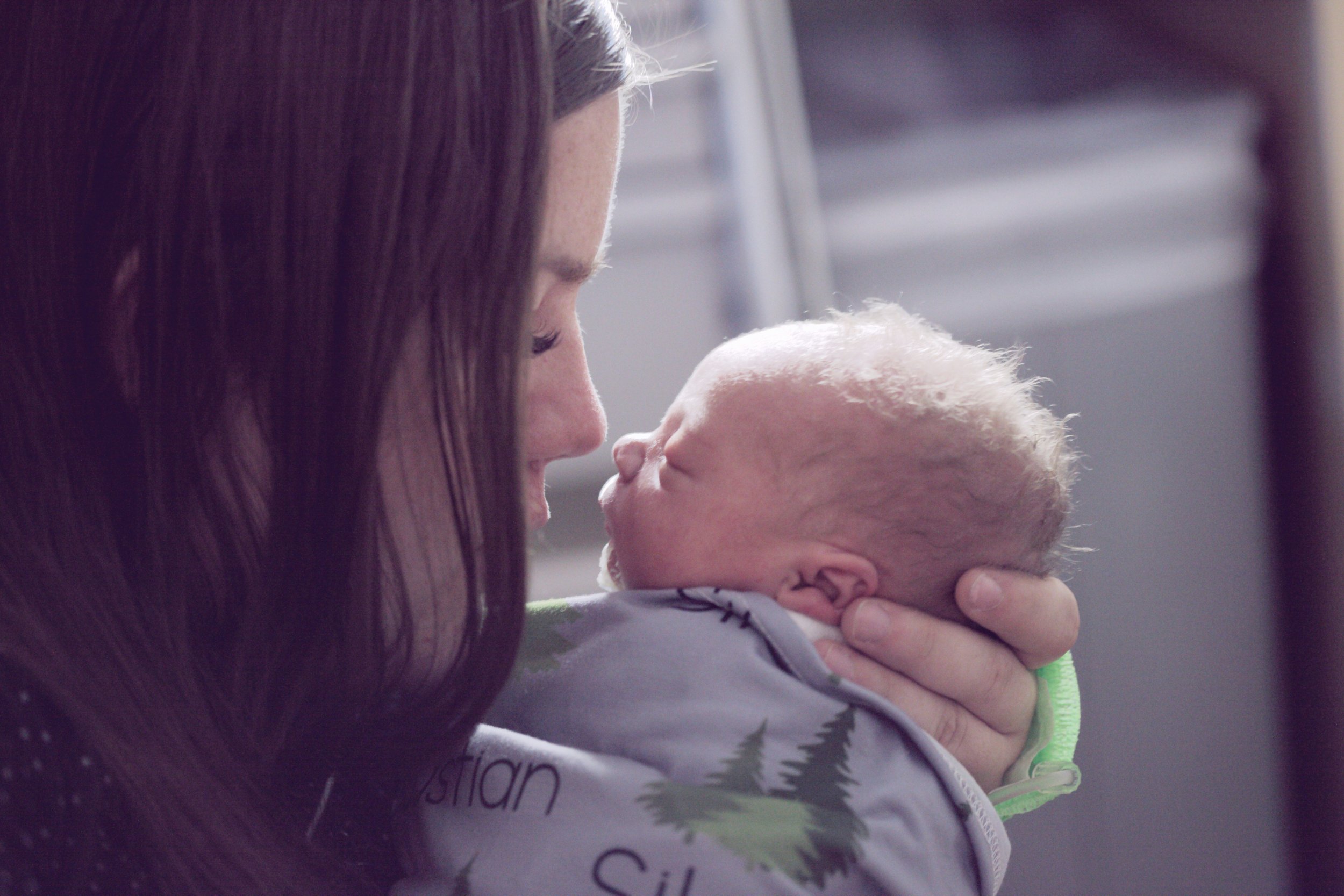
What is Tourettic OCD (TOCD)?

How to Deal with Election Stress & Anxiety

Are You a Parent Suffering from the Fear of Vomiting?

U.S. Surgeon General Sounds Alarm on Parental Stress
Parenting can feel overwhelming, with 33% of parents reporting chronic stress, compared to 20% of non-parents. U.S. Surgeon General Dr. Vivek Murthy stresses the need to address these mental health effects.

Addressing Parental Stress: Supportive Culture and Actionable Steps
This blog distills the Surgeon General’s advisory on parental stress into practical steps you can use now, while recognizing the need for broader systemic changes.

Terrified of Vomiting?Emetophobia Tips and Support
Does fear of vomiting make daily tasks overwhelming? Learn how CBT and ERP can help you overcome emetophobia. Read our blog for tips and start feeling empowered today!

Self-Compassion: A Path to Growth, Not Excuses
Self-compassion is often mistaken for self-indulgence, but it builds resilience and growth. This blog shows how it fosters responsibility and success with practical tips.

Can Self-Compassion Help with Parental Stress?
How often do you find yourself judging what you could have done differently as a parent? Enter self-compassion—the antidote to shame, guilt, and self-criticism.

How Breathing Techniques Reduce Stress and Anxiety
Explore how Polyvagal-guided breathing reduces stress and anxiety by balancing the nervous system. Enhance relaxation and self-regulation with daily practice.

How to Transform Worry with Simple Questions
Discover strategies for managing excessive worry, including problem-solving and distress tolerance techniques, based on Polyvagal Theory and DBT skills.

Your Brain on Anxiety
Understanding anxiety involves knowing how your brain's "alarm system" (limbic system) and "executing function center" (prefrontal cortex) work, and practicing ways to calm the alarm system to lessen anxiety and feel better.

What Can Parents Do to Help Their Children with Anxiety?
Parents, if your child struggles with anxiety, you're not alone. Around 9.4% of children aged 3-17 (about 5.8 million) had diagnosed anxiety from 2016-2019. But here's some hope: you can make a big difference in easing your child's anxiety. It's common to question your role in your child's anxiety. If you've found yourself asking, "Am I to blame?", "What should I do?", or "Why should I do anything? Isn't this my child's issue?" then today's blog is for you!
New research suggests that learning how to respond to your child's anxiety may be as effective as cognitive behavioral therapy (CBT), a top treatment. If you are looking for additional support, click here: https://www.upstatenypsychology.com/get-started

Managing Postpartum Anxiety: Tips for Treatment and Support
Navigating through postpartum anxiety can feel like being trapped in a whirlwind of thoughts, isolated, and unsure of what's going on. For many mothers, it's easy to get caught in a cycle of denial, attempting to suppress those thoughts, or operate from a reactive and panicked mode. But let's face it: those knee-jerk responses often end up making things worse, not better. So, what's the alternative? What can you do when those automatic reactions don't quite hit the mark anymore? This blog post will explore three levels of interventions you can try: self-help strategies, support from others, and the role of professionals in your journey.

Postpartum Anxiety Check: New Parent Worry or More?

Is Postpartum Anxiety a Common Experience After Childbirth?
Navigating postpartum anxiety can be overwhelming, leading to isolation and reactive responses. This blog explores self-help strategies, support, and professional help.

Find Free and Affordable Mental Health Resources in Rochester, NY!
This blog discusses resources available in Rochester, NY, for stress, anxiety, burnout, and a range of mental health challenges, including free support options.
